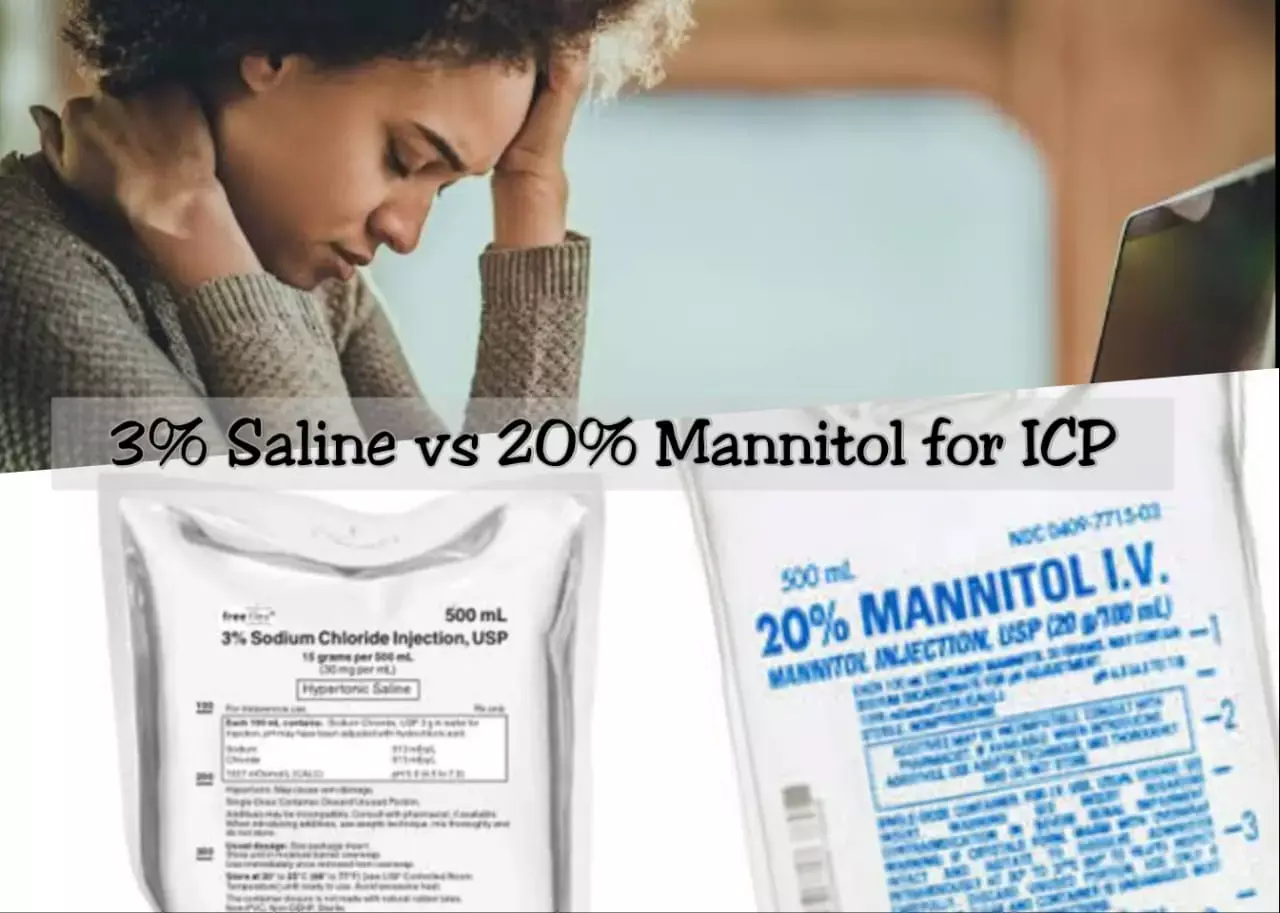- Home
- Medical news & Guidelines
- Anesthesiology
- Cardiology and CTVS
- Critical Care
- Dentistry
- Dermatology
- Diabetes and Endocrinology
- ENT
- Gastroenterology
- Medicine
- Nephrology
- Neurology
- Obstretics-Gynaecology
- Oncology
- Ophthalmology
- Orthopaedics
- Pediatrics-Neonatology
- Psychiatry
- Pulmonology
- Radiology
- Surgery
- Urology
- Laboratory Medicine
- Diet
- Nursing
- Paramedical
- Physiotherapy
- Health news
- Fact Check
- Bone Health Fact Check
- Brain Health Fact Check
- Cancer Related Fact Check
- Child Care Fact Check
- Dental and oral health fact check
- Diabetes and metabolic health fact check
- Diet and Nutrition Fact Check
- Eye and ENT Care Fact Check
- Fitness fact check
- Gut health fact check
- Heart health fact check
- Kidney health fact check
- Medical education fact check
- Men's health fact check
- Respiratory fact check
- Skin and hair care fact check
- Vaccine and Immunization fact check
- Women's health fact check
- AYUSH
- State News
- Andaman and Nicobar Islands
- Andhra Pradesh
- Arunachal Pradesh
- Assam
- Bihar
- Chandigarh
- Chattisgarh
- Dadra and Nagar Haveli
- Daman and Diu
- Delhi
- Goa
- Gujarat
- Haryana
- Himachal Pradesh
- Jammu & Kashmir
- Jharkhand
- Karnataka
- Kerala
- Ladakh
- Lakshadweep
- Madhya Pradesh
- Maharashtra
- Manipur
- Meghalaya
- Mizoram
- Nagaland
- Odisha
- Puducherry
- Punjab
- Rajasthan
- Sikkim
- Tamil Nadu
- Telangana
- Tripura
- Uttar Pradesh
- Uttrakhand
- West Bengal
- Medical Education
- Industry
Hypertonic Saline bests Mannitol in Reducing ICP due to CNS infections in kids: Study

Mannitol and hypertonic saline (HS) are hyperosmolar solutions commonly used to reduce intracranial pressure (ICP) and brain volume during neurosurgery or critical care unit admissions. In children with increased ICP due to Central nervous system (CNS) infection, treatment with hypertonic saline (3%) had better outcomes than 20% mannitol, suggests a randomized control trial published in the journal Pediatric Critical Care Medicine.
Hyperosmolar treatment is one of the important methods for treating Traumatic Brain Injury (TBI) and has been employed since early 1960. However, it may precipitate acute renal failure if serum osmolarity exceeds 320 mOsm/L and there are concerns of elevated serum concentrations of mannitol and rebound intracranial hypertension. Concerns with the use of mannitol have led to an interest in other agents. Hypertonic saline appears to be safe, and elevations of serum sodium with the use of hypertonic saline have not been associated with significant neurologic, cardiac, or renal injury. In traumatic brain injury (adult and pediatric), hypertonic saline (3%) shows varied results in comparison with 20% mannitol. Therefore researchers of Postgraduate Institute of Medical Education and Research (PGIMER), India, conducted a randomized control trial (RCT) to compare the effect of 3% hypertonic saline versus 20% mannitol on raised intracranial pressure in pediatric acute CNS infections.
It was an open-label, randomized controlled trial in 57 Children of 1–12 years old, with raised intracranial pressure and modified-Glasgow Coma Scale scores less than or equal to 8. They were randomly assigned to receive either 20%-mannitol (n = 28), 0.5 gram/kg/dose or 3%-hypertonic saline (n = 29), 10 mL/kg loading followed by 0.5–1 mL/kg/hr infusion. Researchers used an intraparenchymal catheter to monitor the intracranial pressure. The major outcome assessed was the proportion of patients achieved target average intracranial pressure less than 20 mm Hg during 72 hours. They also assessed interventions, morbidity, and mortality rate.
Key findings of the study were:
• Researchers observed that the proportion of patients with target average intracranial pressure (< 20 mm Hg) was higher in hypertonic saline-group (79.3%) as compared to mannitol-group (53.6%) with an adjusted hazard ratio of about 2.63.
• They found that mean reduction of intracranial pressure (–14.3 ± 1.7 vs –5.4 ± 1.7 mm Hg) and elevation of cerebral perfusion pressure (15.4 ± 2.4 vs 6 ± 2.4 mm Hg) from baseline were significant in hypertonic saline-group.
• They also found that mean intracranial pressure over 72 hours was lower (14 ± 2 vs 22 ± 2 mm Hg), and cerebral perfusion pressure was higher (65 ± 2.2 vs 58 ± 2.2) in hypertonic saline-group.
• Additionally, they noted a 3% increase in cerebral perfusion pressure (CPP) (15.4 vs 6 mm Hg), higher modified GCS at 72 hours (median 10 vs 7), lower mortality (20.7% vs 35.7%), shorter duration of mechanical ventilation (5 vs 15 days), shorter PICU stay (11 vs 19 days), and less neurodisability at discharge (31% vs 61%).
The authors concluded, "In pediatric acute CNS infections, 3%-hypertonic saline was associated with a greater reduction of intracranial pressure as compared to 20% mannitol".
For further information:
Medical Dialogues Bureau consists of a team of passionate medical/scientific writers, led by doctors and healthcare researchers. Our team efforts to bring you updated and timely news about the important happenings of the medical and healthcare sector. Our editorial team can be reached at editorial@medicaldialogues.in.
Dr Kamal Kant Kohli-MBBS, DTCD- a chest specialist with more than 30 years of practice and a flair for writing clinical articles, Dr Kamal Kant Kohli joined Medical Dialogues as a Chief Editor of Medical News. Besides writing articles, as an editor, he proofreads and verifies all the medical content published on Medical Dialogues including those coming from journals, studies,medical conferences,guidelines etc. Email: drkohli@medicaldialogues.in. Contact no. 011-43720751


